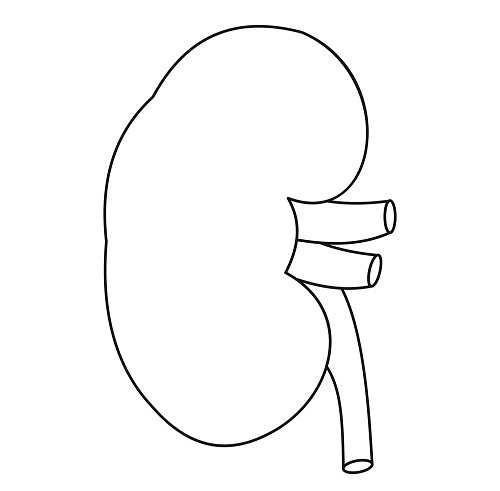
Proteins are the building blocks of life. They're made from amino acids and are used to make muscle, bones, skin, and other parts of the body. They're also used in other important functions including hormones, enzymes, antibodies, and more.
Despite serving a number of key functions, there are still negative myths regarding protein in that it may cause kidney damage in adults. These stemmed from the 1980s when it was thought that a high protein intake caused a progressive decline in kidney function, and eventually kidney damage and failure.
However, this is not the case according to a recent study published in the Journal of Nutrition.
Study
The study was undertaken by McMaster University, Canada, and compared data over 1358 broadly-ranged participants including healthy adults, overweight and obese adults, those with diabeties, and those with high blood pressure. None had been diagnosed with pre-existing kidney disease.
Dietary protein intake varied between all - some participants had a low protein intake (≥5% less energy intake) and some high (≥1.5 grams per kg body weight or ≥20% energy intake or ≥100 grams protein/day).
The study examined the effects of both low and high dietary protein intake on the impact of kidney function with respect to effect on the Glomerular Filtration Rate (GFR). This is a test to determine how well kidneys are working - ie, how well they are filtering blood and removing waste.
The study found that protein intake had no effect on GFR.
Stuart Phillips, professor of kinesiology at McMaster University, oversaw the study. "It's a concept that's been around for at least 50 years and you hear it all the time: higher protein diets cause kidney disease. The fact is, however, that there's just no evidence to support this hypothesis in fact, the evidence shows the contrary is true: higher protein increases, not decreases, kidney function."
Michaela C Devries, assist professor of kinesiology at the University of Waterloo, was lead author of the study. "While there is a breadth of evidence showing the benefits of higher protein consumption, some people are still afraid it could cause kidney damage."
"With these findings, we have shown that a higher protein diet is safe. In fact, it should be viewed as an important tool for muscle health across an entire lifespan. There is simply no evidence linking a high-protein diet to kidney disease in healthy individuals or those who are at risk of kidney disease due to conditions such as obesity, hypertension or even type 2 diabetes." she said.
Benefits of a Higher Protein Intake
Higher protein intake (compared to the recommended daily intake) can actually be beneficial because it can:
- promote muscle development and muscle protein synthesis
- assist in preserving lean mass during weight loss, and
- assist in feeling fuller and reducing sugar cravings during weight loss
- help to burn more calories by having an increased thermic effect
- help lower blood pressure and control blood sugar levels (help fight diabetes) - ironically both are main risk factors for kidney disease
- help to preserve skeletal muscle mass in older persons due to sarcopenia (the degenerative loss of skeletal muscle mass and strength associated with aging)
Effects of Creatine on Kidneys
According to the International Society of Sports Nutrition supplementing with creatine monohydrate is safe, effective and ethical. Creatine has no detrimental effects on the kidneys on healthy individuals when used short or long term.
Conclusion
This study suggests that for healthy adults protein does not have any negative effects on kidney function. Rather, protein may actually be beneficial for kidney function.
